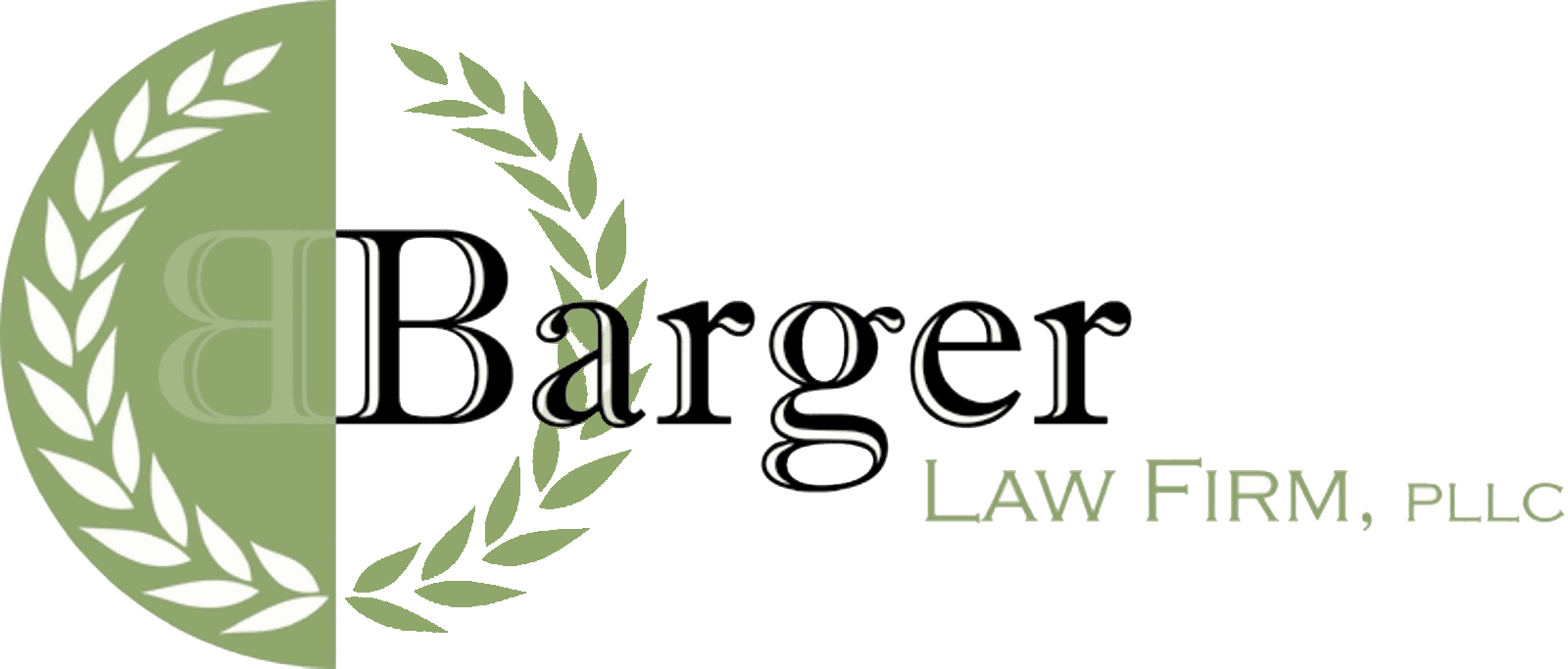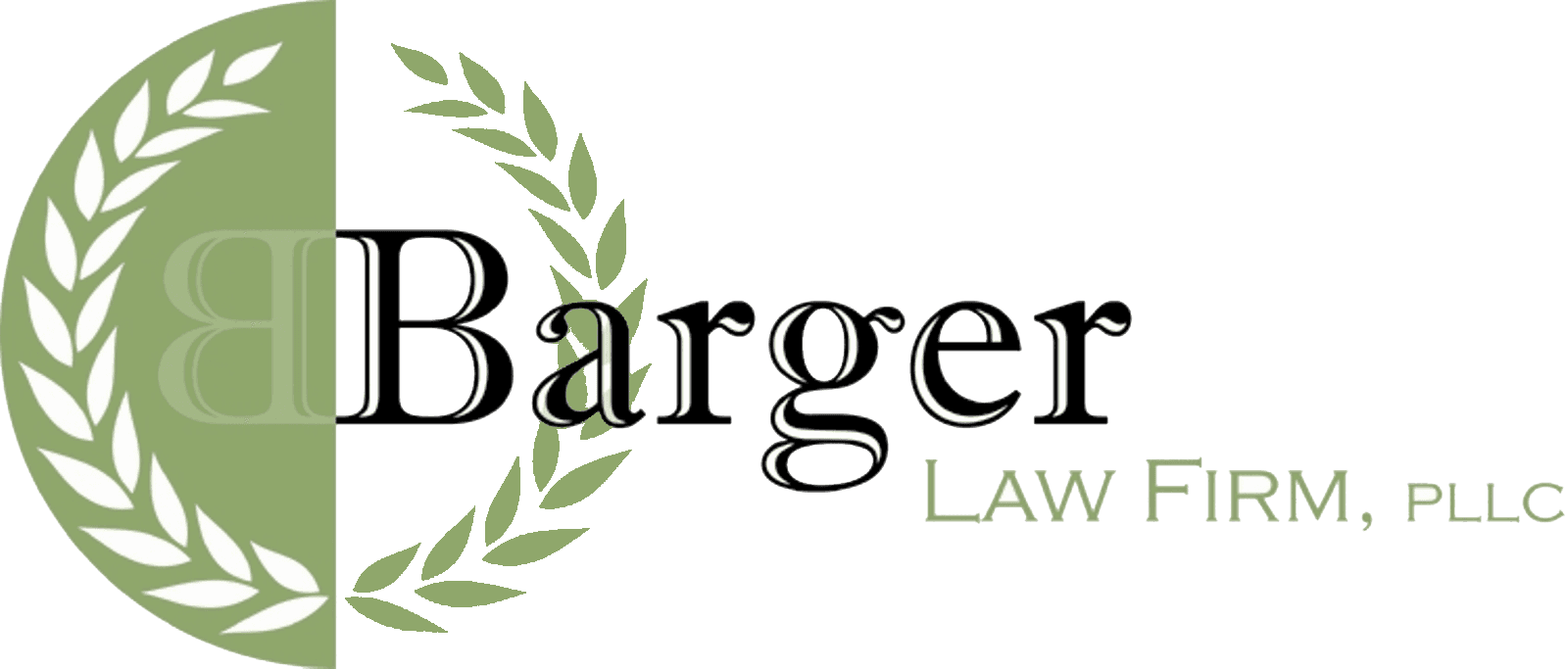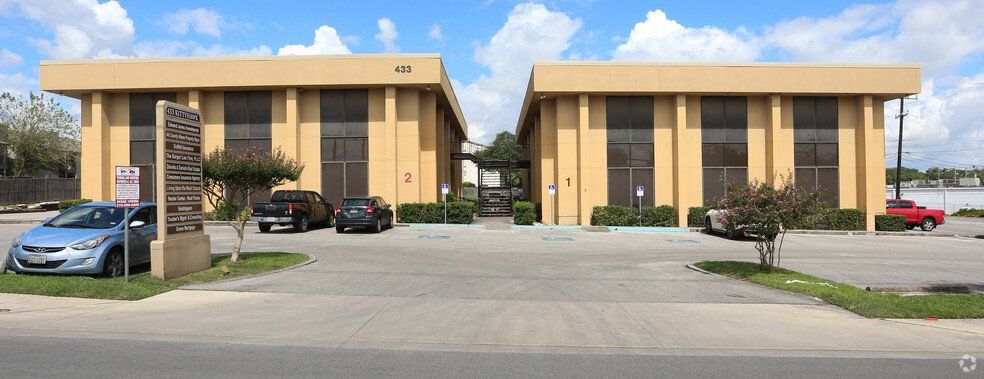Probate
what it is, costs, and to avoid it!
This is a legal process by which the debts and assets of the deceased are settled. The local court handles probate according to the deceased's will, or in the absence of a will, according to state inheritance laws.
Depending on the complexity of the estate, probate can be very expensive. It is important to note that probate in Texas is associated with considerable financial implications, which are often determined by the circumstances surrounding the estate.
Lawyers who specialize in estate planning assist clients in navigating the complex probate process. While it may be tempting to view the cost of professional assistance as an avoidable expense, failure to obtain proper guidance during the probate process may have serious consequences, such as placing a heavy financial burden on the beneficiaries.
In Texas, you can make a living trust to avoid probate for virtually any asset you own—real estate, bank accounts, vehicles, and so on. You need to create a trust document (it's similar to a will), naming someone to take over as trustee after your death (called a successor trustee).
1. Living Trusts
In Texas, you can make a living trust to avoid probate for virtually any asset you own—real estate, bank accounts, vehicles, and so on. You need to create a trust document (it's similar to a will), naming someone to take over as trustee after your death (called a successor trustee). Then—and this is crucial—you must transfer ownership of your property to yourself as the trustee of the trust. Once all that's done, the property will be controlled by the terms of the trust. At your death, your successor trustee will be able to transfer it to the trust beneficiaries without probate court proceedings.
2. Joint Ownership
If you own property jointly with someone else, and this ownership includes the "right of survivorship," then the surviving owner automatically owns the property when the other owner dies. No probate will be necessary to transfer the property, although of course it will take some paperwork to show that title to the property is held solely by the surviving owner.
3. Payable-on-Death Designations for Bank Accounts
In Texas, you can add a "payable-on-death" (POD) designation to bank accounts such as savings accounts or certificates of deposit. You still control all the money in the account—your POD beneficiary has no rights to the money, and you can spend it all if you want. At your death, the beneficiary can claim the money directly from the bank without probate court proceedings.
4. Transfer-on-Death Deeds for Real Estate
Texas allows you to leave real estate with transfer-on-death deeds. These deeds are sometimes called beneficiary deeds. You sign and record the deed now, but it doesn't take effect until your death. You can revoke the deed or sell the property at any time; the beneficiary you name on the deed has no rights until your death. (Tex. Estates Code §§ 114.001 and following.)
The following services are available to you in the event you require them or would like more information. If you have any questions, please do not hesitate to schedule a consultation with one of our experienced attorneys.
The Barger Law Firm has proudly served Randolph Metrocom residents for over 10 years.
We at the Barger Law Firm have been in business since 2001. Having practiced estate and probate law for over a decade, the attorney primarily focuses on succession planning and heirship issues. Whether your probate matter is uncontested or contested, Mr. Barger can provide you with representation, consultation, or advice.
As a lawyer, he is committed to providing the best legal assistance to each of his clients and ensuring that their legal needs are met efficiently and economically. Known for his extensive knowledge of probate law and commitment to his clients, he ensures that they receive compassionate, high-quality legal representation.
If you would like to schedule an appointment, please call or email the office.





